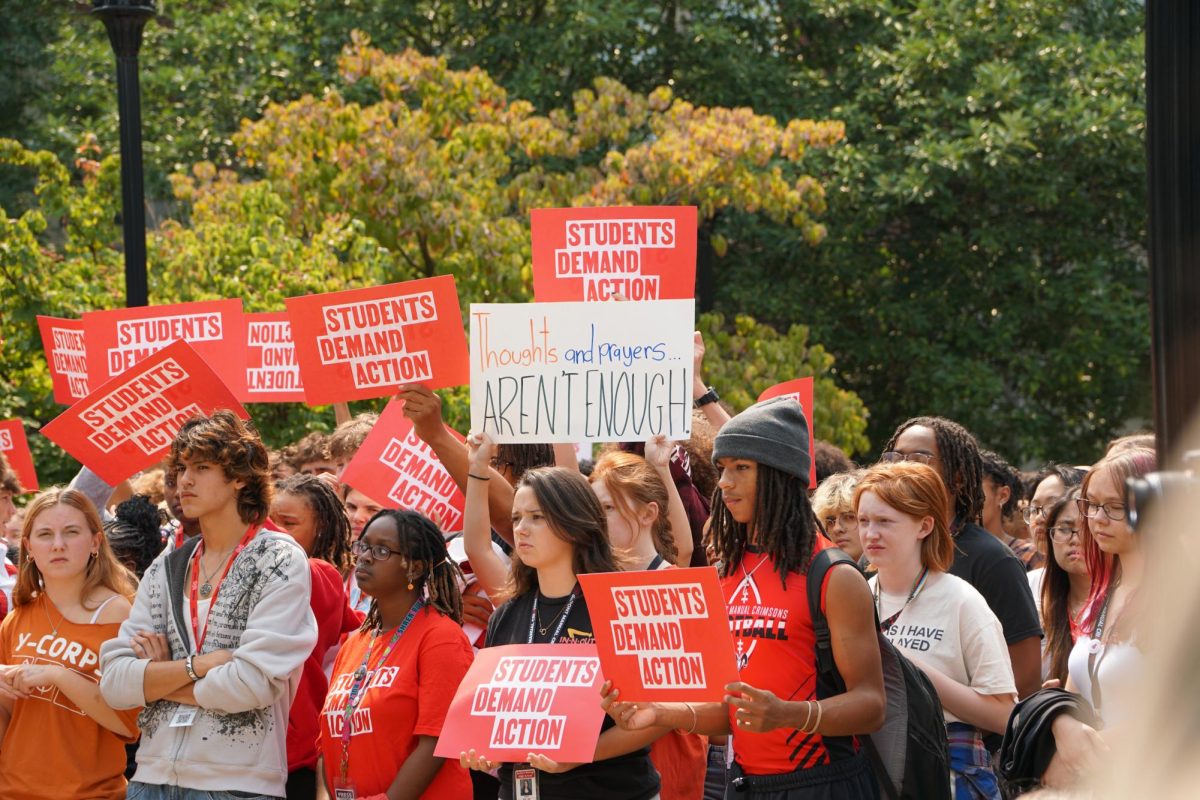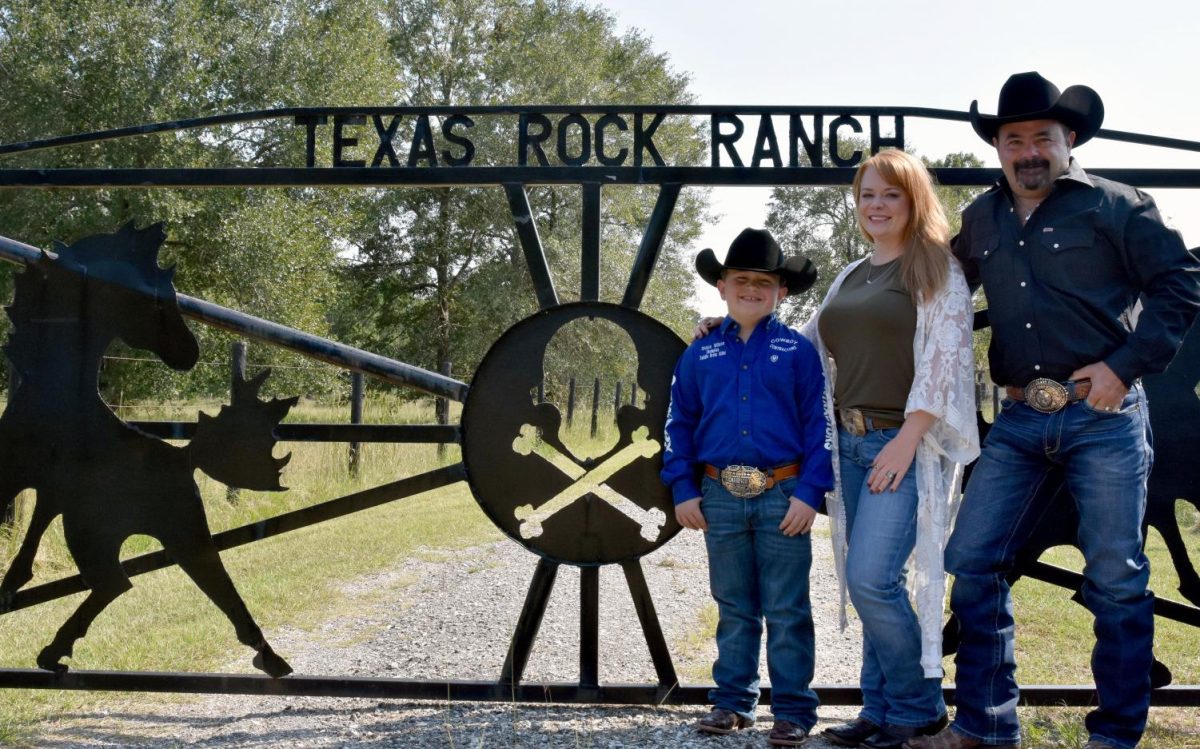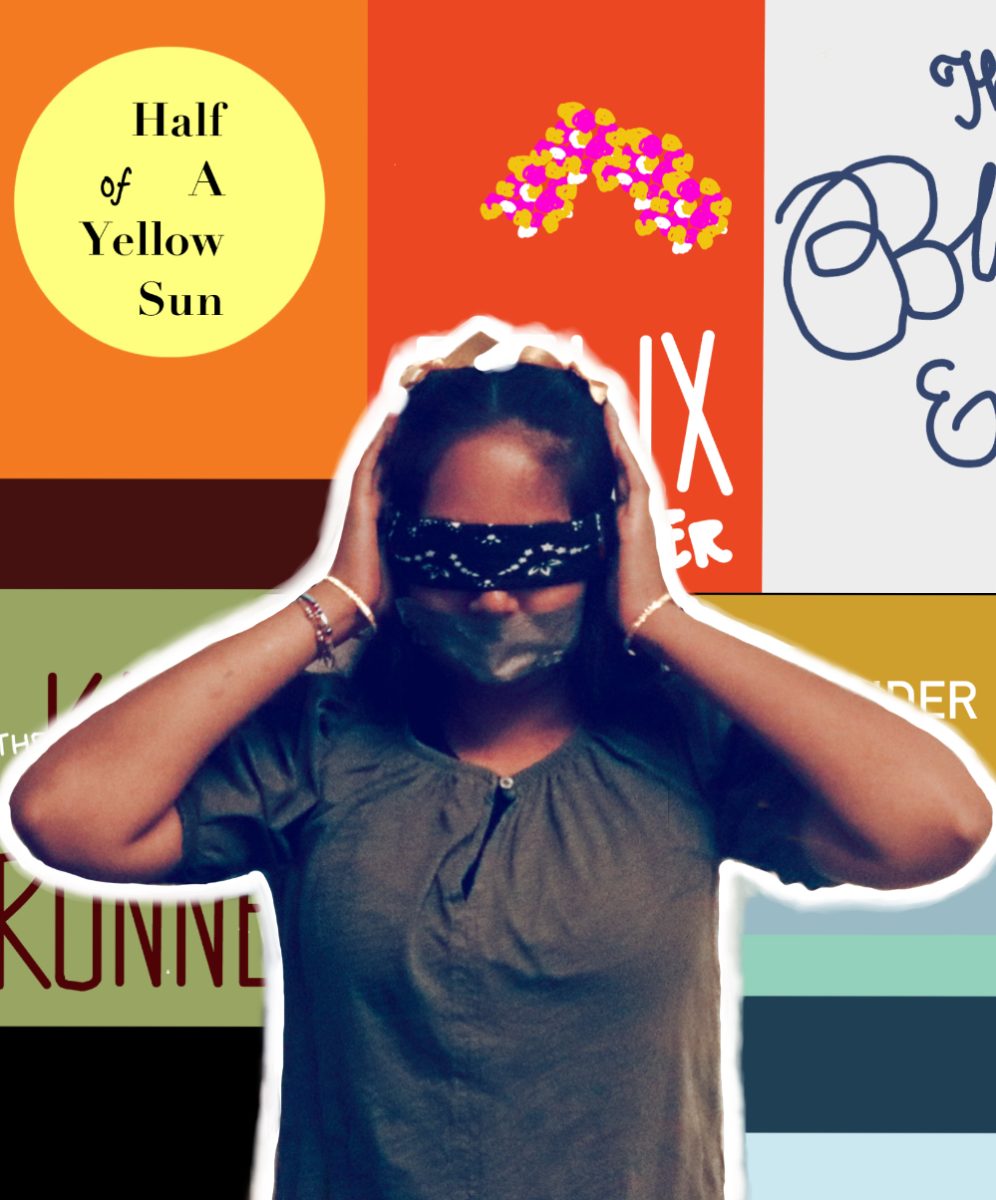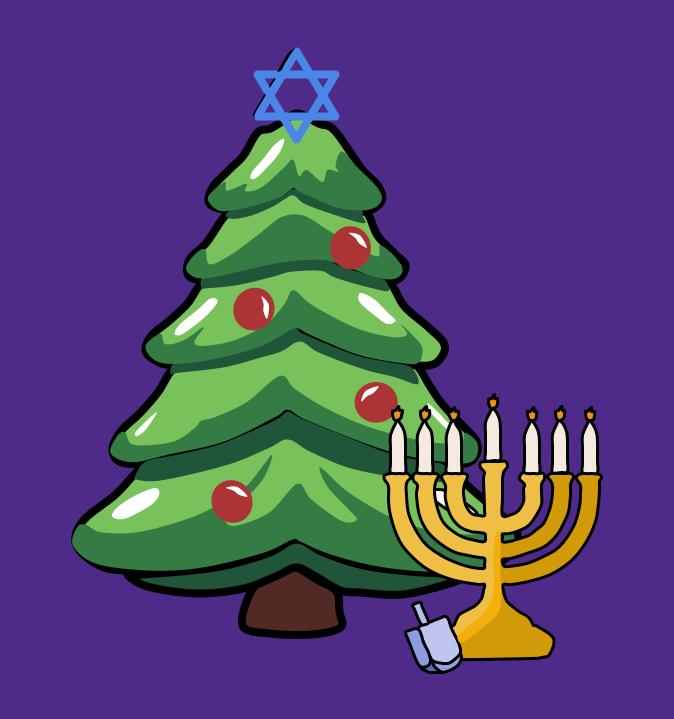Juicy, tender brisket sits in the oven, an alarm wailing to take it out. My family’s two Shih Tzus bolt throughout the living room, relentlessly yelping at one another. A mini plastic Christmas tree lies parallel to the fireplace, while a menorah is the centerpiece of the table where a grand feast would soon commence.
My mother’s side of the family are Ashkenazi Jews, having trickled into the United States from Poland. My father’s family, in stark contrast, were Methodists, hailing from Norway. Interestingly enough, both of my parents have grown to be rather non-religious. However, we still continue the traditions of their respective religions.
The holiday season looks different for my family every year due to one major factor: the dates of the nights of Hanukkah depend on the Hebrew calendar, meaning they vary annually. While this might seem trivial, it actually significantly impacts our holiday planning. This year, for example, it falls on Christmas, so my family celebrates Chrismukkah.
Chrismukkah merges the vibrant celebration of Christmas with the action-packed eight nights of Hanukkah. While other Jews spend their holidays pondering the age-old question of whether their winter holiday is spelled “Chanukah” or “Hanukkah,” I ask a different question: Who came up with the idea of Chrismukkah? Was it, perhaps, another family like mine, united by our differences? Though I’ll never know for sure, I like to think my hypothesis is correct.
My family incorporates fundamental aspects of both holidays into our celebration. Of course, we play dreidel, competing for a monstrous mound of gelt. We pop the traditional potato latkes into the oven, obligated to make the difficult choice to top them with either applesauce or sour cream. Santa has been stationing one of his elfs on my shelf for nearly a decade.
Every Chrismukkah morning, we FaceTime with my dad’s side of the family. My grandpa lives in Missouri, and one of my aunts, along with my only cousin, live in Florida. Since we only get to see his side of the family once every two years, we prize all of the time that we can spend with each other, even if it’s just over a screen. We open up gifts we sent each other during the call, not being able to help but laugh at how ridiculous some of them are. Years ago, one of my aunts sent my dad Superman underwear.
After our call, we scoop up our dogs and head over to my maternal grandparents’ house. The second we open the door, we are bombarded with the barks of my grandparents’ dog, Brisket. The TV emits the modulated voices of football announcers while delightful odors waft out of the kitchen. We set down all of the gifts that we brought next to the fireplace, subsequently grabbing a bowl of vibrant, yellow butternut squash soup.
Finally, we get to my favorite part of the celebration: gifts. We turn on a Yule log video in the background, getting a cozy, Christmassy ambiance. Our gifts have to be the most diversely wrapped in all of Houston: presents wrapped in a Hanukkah pajama llama pattern or swathed in cats wearing ugly Christmas sweaters. We have the classic confused dad and grandpa moments as they try to figure out what their wife bought for someone. Opening a gift is just as much of a surprise for my dad as it is for me.
Shortly after, we dive into the highlight of the day: food. We have a wide assortment of cuisine, including Sister Schubert’s Parker House Rolls, an enormous hunk of Honey-Baked Ham, green bean casserole (which I find appalling), mashed potatoes and the star of the show: brisket. My grandma’s brisket is so legendary in our family that she named her own dog after the cut of meat. But let me tell you, this isn’t the kind of brisket that you’re likely envisioning in your mind. Jewish brisket is a world apart from barbeque brisket. Instead of having a sweet and savory black crust, Jewish brisket is tender, soaked in a pool of gravy. Her brisket can be split into bite-sized pieces by applying slight pressure with the side of a fork. While the honey-baked ham tastes delicious with its lustrous brown glaze and moist pink interior, my heart belongs to that brisket.
Then comes round two: dessert. We share “Hanukkah” dessert and one big “Christmas” dessert, the former typically being sufganiyot and the latter being a bûche de Noël. Sufganiyot is fundamentally a jelly-filled donut with powdered sugar on top — how could anyone be opposed to that? It might just be my favorite Jewish dessert. Bûche de Noël is a cake in the shape of a log with alternating layers of buttercream and gateau. While it technically is just a chocolate cake, it truly adds to the Christmas vibes.
Overall, what makes Chrismukkah truly magical is family. Our spirit comes from enjoying one another’s company while celebrating two holidays in unison. I hope that my family’s celebration shows that our differences should not divide us, as is common in today’s world, but rather fuse us together. We grow closer every year, bonding over lighting the menorah while wearing silly Christmas sweaters. Chrismukkah is our family’s collaboration of culture. And to me, that’s what makes it so special.
This story was originally published on Three Penny Press on December 2, 2024.






































